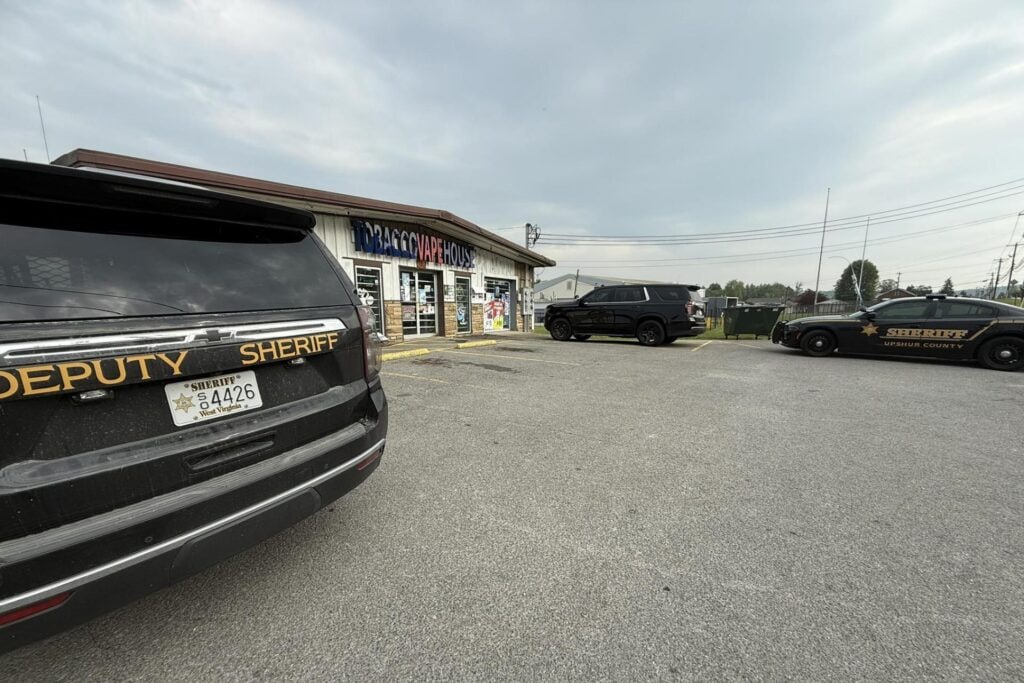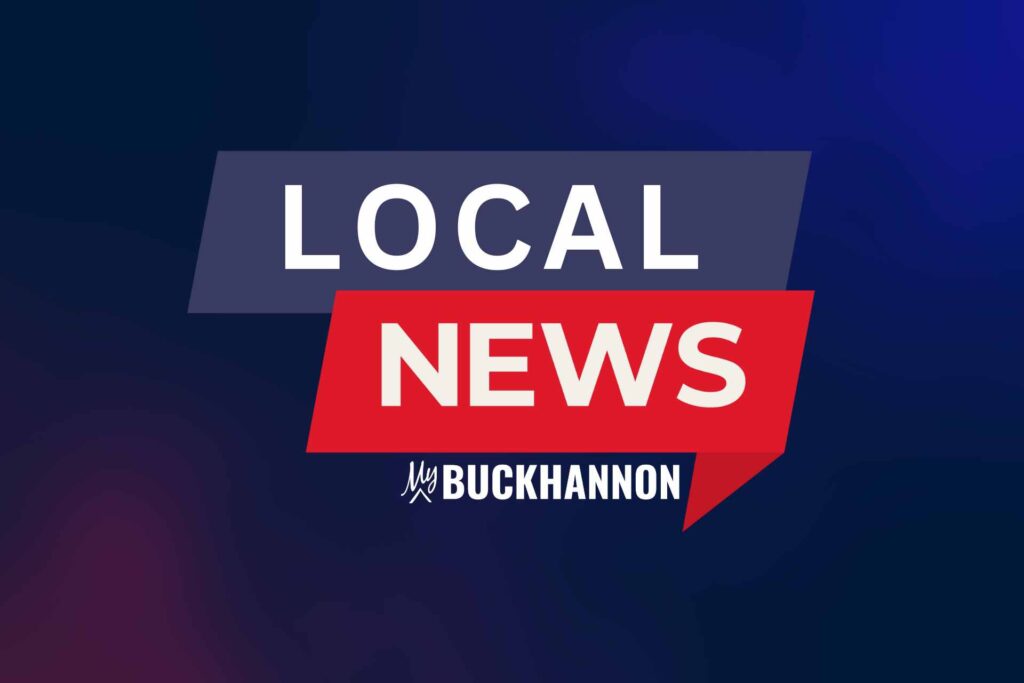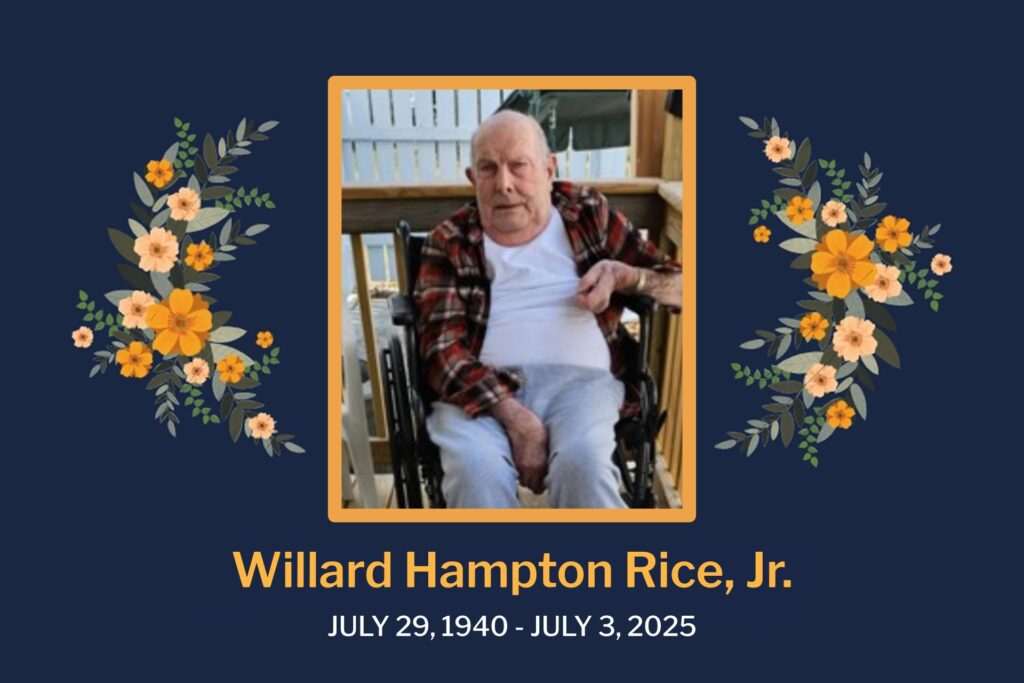Buckhannon, W.Va. — The West Virginia Wesleyan College Circle of Omicron Delta Kappa (ODK) conducted its 57thannual induction on April 28 virtually with the National Headquarters of ODK. The circle inducted five seniors, ten juniors, one graduate student, two faculty, two staff, and one alumna.
The Wesleyan Circle of ODK was established in 1963 and has inducted over 1,000 students, faculty, and staff. Student eligibility is based on the top 35 percent of each class in scholarship, as well as participation in one of the following: athletics, music, arts, journalism, and community service.
Newly inducted members include: seniors John Harvey, Cross Lanes; Kiera Krivchenia, Rush, Ky.; Caitlin Murphy, Elkins; Makayla Smith, Millstone; and Caitlin Ware, Flemington; juniors Lauren Bolen, Saint Johns, Fla.; Grace Caldwell, Belington; Alyssa Christiansen, Daniels; Wesley Cox, Parkersburg; Sydney Deavers, Beckley; Owen Lindsay, Charleston; Antoinea Martin, Essex, Md.; Tanner McCallister, Alderson; and Molly Osborne, Middleton, Ohio; and graduate student Ashley Robey, Clarksburg.
Also inducted were Dr. Joanna Webb, department chair and associate professor of chemistry, Dr. Tamara Bailey, assistant professor of history, John Bohman, director of campus safety, Greek life, & intramurals, April Cutright, registrar services specialist, and Paula McGrew ’78, professor of library science and director of library services, emerita.
Participating in the ceremony was Dr. Thomas Smith ’84, faculty advisor. Student officers for the 2020-2021 academic year include Grace Caldwell, president, Owen Lindsay, vice president, and Antoinea Martin, treasurer.
Omicron Delta Kappa was founded on December 3, 1914, on the campus of Washington and Lee University in Lexington, VA. The Society was founded by a group of 15 students and faculty who believed that leadership at the collegiate level should be recognized and encouraged across all phases of campus life. The motives which guided the founders sprang from the desire to bring together one body for the general good of the institution, leaders from all parts of the college or university community. The success of the ODK idea, an essential part of which is its inter-generational nature and a determination to maintain a consistent and high standards of leadership recognition, led to the establishment of chapters, which are called circles, at other colleges.














